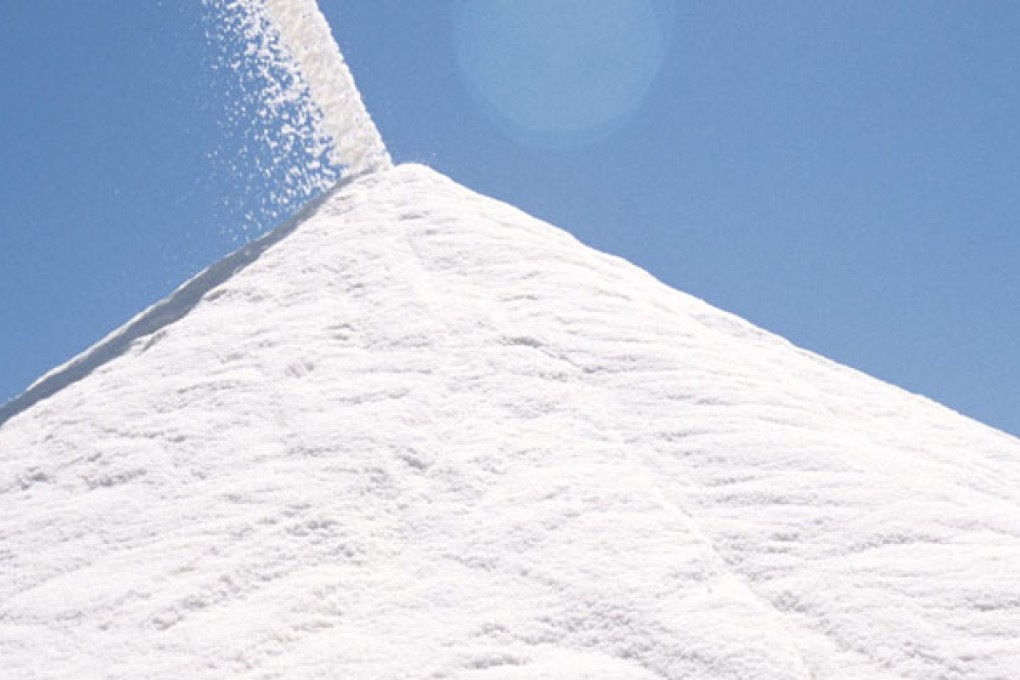Salt and Battery
Sodium - worse for you than saturated fats?

You’re probably eating about three times the amount of sodium that’s good for you. But it’s not because you’re fiendishly salting your fries; it’s because of the addition of that insidious flavor enhancer sodium chloride to just about any food prepared outside your own kitchen.
A recent study published by American health center the Mayo Clinic found that just 11 percent of sodium in a diet could be attributed to salt added while cooking or eating; a massive 77 percent came from eating regular food, unsalted, or so you’d think. “Salt is added to most processed foods, which includes just about anything that comes in a package,” says Hong Kong University food science professor Ma Ching-yong. “Its main function is as a flavor enhancer.” It also works as a texturizer by thickening soups, reducing dryness in pretzels and disguising aftertaste in soft drinks, making it indispensable to the food industry.
But its effects when eaten in excess are quietly far-reaching, and very much bad for you. “Sodium is associated with hypertension, or high blood pressure,” says dietician Winsy Leung of Cambridge United Medical Specialist Centre. Hypertension is a risk factor for strokes and heart attacks, and according to a paper published by Chinese University researchers, its prevalance is rising in Hong Kong.
For sodium to affect blood pressure, one must be sodium-sensitive but there’s no way to detect if you are. “Even if you don’t have high blood pressure, kidney or liver disease or edema - all conditions which are worsened by excessive sodium - consuming too much salt will exarcebate any underlying problems,” Leung says.
Because hypertension usually exhibits no symptoms, excessive sodium intake can be a sneakier danger than excessive fat intake. “While the level of saturated fats shows up on blood tests, sodium levels don't,” Leung says. ”And say a person has undiagnosed hypertension and continues to eat a diet high in sodium - he may not show any symptoms; he may be otherwise healthy; but his blood pressure will continue to climb, to the point when a stroke may occur any second.” An ounce of prevention, in other words, is worth a pound of waiting for your brain to explode. A high-sodium diet is by no means the only cause of hypertension, but reducing your intake is one way to delay or prevent the onset of the condition.
Sodium is used in the body as an electrolyte, and required for normal muscle and nerve function. But you don’t need a lot (500-1,000 mg according to the USA’s McKinley Health Center), and dietary guidelines put the recommended intake at 2,400 mg, or one teaspoon of table salt. Most of us have an intake around two or three times that at least, according to Leung. An unexpected source is meat tenderizers, composed largely of sodium bicarbonate. But the main source in our diets is common salt and monosodium glutamate (MSG), both used in high quantities in Chinese cuisine.
